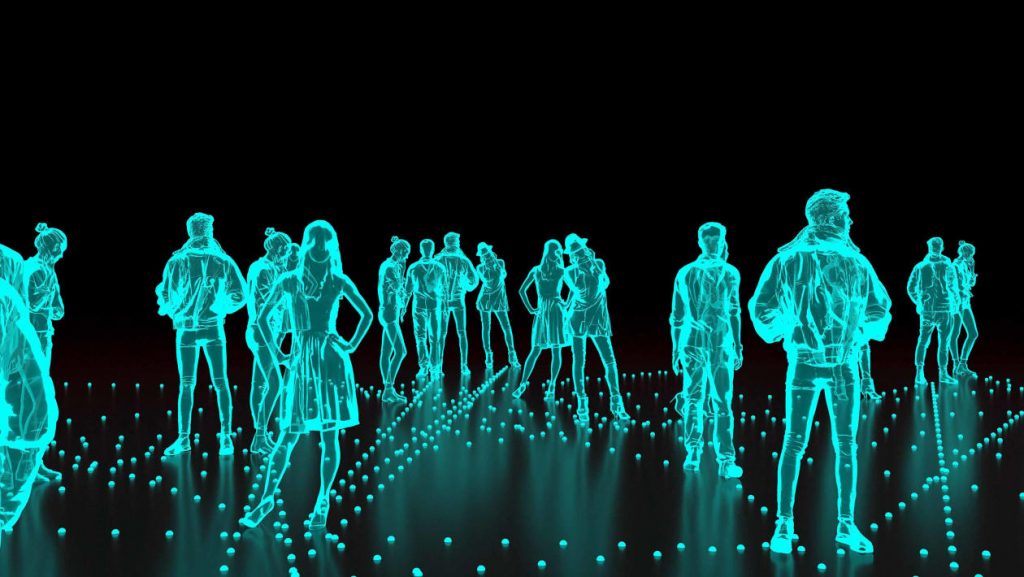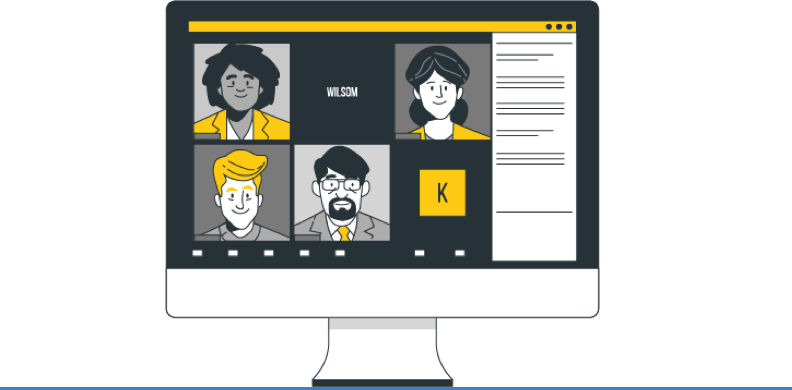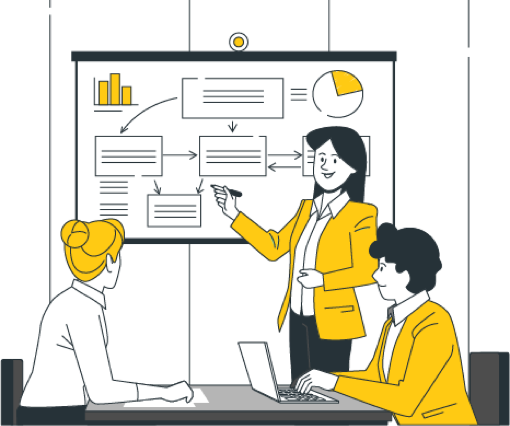Currently, the term “Metaverse” is broadly defined as a type of technology that combines a variety of other technologies into one cohesive piece of tech. These combined features include Virtual Reality, Augmented Reality and as well basic video capabilities, which allows users to essentially “live” within the digital world. The Metaverse is essentially a space where the real and the virtual worlds blend seamlessly into a digital environment. The term was created by the writer Neal Stephenson in his 1992 novel Snow Crash. The book tells the story of a future where people spend their time within a virtual world appropriately called the metaverse. Before we delve into what impact the metaverse, it’s important to really understand what it is: the term “metaverse” itself is actually a combination of two words, namely “meta” which means “beyond”, and “verse” which means a specific “universe”. Through the combination of the two terms, one can infer a virtual world located outside the space of the physical one.
Dokodemo-Kerja is currently the best online attendance application in circulation, applying a full range of features used to flexibly increase overall employee productivity.Some of these features include Attendance & Leave Management, Task Organization, as well as Employee performance evaluation: all through just one application.
Manage Employees Easier through the Dokodemo-Kerja HRD Application. Try it now!
The Metaverse aims to be an extension of the real world, reinforcing itself through various other related technologies such as VR, AR MR, NFT, cryptocurrency, AI as well as the Internet of Things, among other features. This type of tech will usher in a new era on the internet. This is essentially why Mark Zuckerberg has prepared Facebook to be integrated within this metaverse, hoping that in the next five years Facebook can further evolve from a mere social media platform into a platform that offers a much more immersive experience. Regarding the corporate space, this type of technology can certainly prove to be very useful due to it supporting more realistic virtual meetings.
One example of a company that has just started to adopt this type of technology is Microsoft, which has developed Mesh, enabling online collaboration in a more effective and enjoyable manner. Through Mesh, users can better interact with virtual and nonphysical “items”, allowing user to pick them up, move them around, or manipulate holograms as if they were in the physical space. In addition, according to Microsoft, the avatars used on their platform are also able to imitate human expressions, albeit in a limited capacity.
How Does the Metaverse Affect the World of Work?
This almost science fiction based idea of the metaverse emerged only 5 years ago. Back then, you would be hard pressed to find people deeply invested within the materialization of the concept overall, or, at least, those who were not somewhat skeptical. However, ever since the onset of the Covid-19 pandemic, various activities such as studying, working, or shopping had to be done through digital means. This was indeed fortuitous for the metaverse, as it found a convenient niche within the particular crisis, becoming very in demand by many people.
As we know, during this pandemic, social distancing has become an everyday part of life. Companies, in regards to this, are also implementing a remote work system, further adapting to the use of technology in order to minimize the spread of the virus throughout the world of work. Through this technology, we can replicate the sensation of office based work, but at a distance.

As living conditions sink back to what they were before the onset of the pandemic, there have been some realizations that have stuck with the general population due to their experiences living through this global crisis. One of them happens to the effectiveness of systems of remote work. In fact, currently there are many companies that have decided to continue using WFH systems, despite the pandemic being over. Some examples of these companies include Facebook, Twitter, Shopify, and many more. On the other hand, the metaverse will continue to grow adjacent to this fact. This will certainly bring changes to the way work is conducted as a whole. Some of these changes, specifically, include:
- Technology playing an increasingly important role within the world of work.
- The widespread use of Remote working and Work From Home (WFH) systems will remain in their popularity. The metaverse will allow employees to further engage in this change, supporting the employer base in their adoption of a more distance based working strategy. This technology will also make virtual meetings more effective as it will further encourage a higher level of engagement from employees.
- The cost of business trips will potentially be minimized by a large degree.
- Virtual team collaborations will become a more common occurrence.
- Elements of a more modern workplace will be increasingly in demand. Even today, there are many businesses that have started to switch to using modern office spaces that are flexible, such as virtual offices, co-working spaces, hot desks, and others.
- Training can be done through the digital world in a much safer manner. A pertinent example of this that already exists is the use of training via flight simulators.
How Should Companies Begin to Adopt the Metaverse?
Meta CEO Mark Zuckerberg predicts that it will take about 5-10 years for metaverse-based technology to truly become better established within the immediate world. For now, some aspects of Virtual Reality already exist, however the metaverse has still not yet been perfected and is currently still being tweaked.
An advanced HRIS system that effectively monitors the performances and productivity of your employees. WFO or WFH? Manage both and Stay Productive with Dokodemo-Kerja!
An affordable HRIS app that increases productivity. Check it out here!
Before the metaverse is fully a force within the digital sphere, potentially becoming a staple attribute throughout the world of work, companies should beforehand make a variety of preparations, such as:
1. Learn the basics of the Metaverse
The first thing that needs to be done in welcoming this new technology is to study it thoroughly. You can find out more about the metaverse through articles or by joining webinars. That way, you will potentially have sufficient insight into the metaverse once the technology has actually arrived.
2. Prepare modern company policies
Technology is increasingly developing, if your current company still manages employees manually then you have the possibility to be difficult to compete in the future. As explained earlier, metaverse will make remote work systems even more popular. Therefore, companies need to prepare themselves to adapt to the modern work system.
Broadly speaking, there are several things companies can do when they switch to a modern, flexible work system. These include actions such as: updating company policies, adapting to the use of digital attendance applications to manage employees remotely, using a monitoring app to monitor productivity working remotely and preparing various tools for collaboration between teams.







